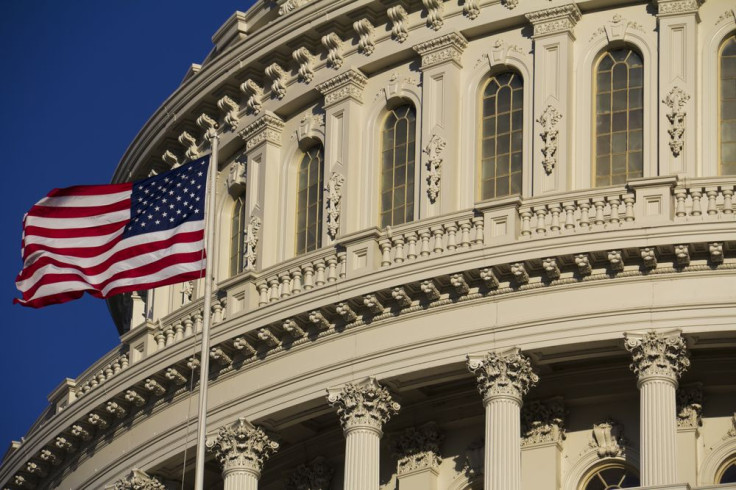Obamacare Delay: Afforable Care Act Employer Mandate Won't Carry Penalty For Mid-Size Employers Until 2016

The Obama administration said on Monday that mid-sized employers will have until 2016 to offer their full-time workers health insurance before they start facing fines under the Affordable Care Act, providing yet another extension of the embattled provision known as the employer mandate.
Officials at the Department of the Treasury told reporters that failure to offer health insurance for workers who work 30 or more hours a week will in 2015 only result in penalties for companies employing 100 or more. Mid-sized employers — that is, companies that employ more than 50 but less than 100 — will be given an additional year before the government begins imposing a $2,000 fine for each worker they do not insure. Mark Mazur, assistant treasury secretary for tax policy, said that the delay is an attempt to make it easier for smaller companies to implement the Obamacare provision that has so far been subject to much-publicized obstinacy and litigation from employers across the nation.
"While about 96 percent of employers are not subject to the employer responsibility provision, for those employers that are, we will continue to make the compliance process simpler and easier to navigate," he said, speaking to the Los Angeles Times. "Today's final regulations phase in the standards to ensure that larger employers either offer quality, affordable coverage, or make an employer responsibility payment starting in 2015 to help offset the cost to taxpayers of coverage or subsidies to their employees."
The explanation, however, did not go over well among Republican lawmakers, who continue to take issue with the Obama administration’s gradual implementation of its signature heath care overhaul. Without addressing any specific merits or implications of the Treasury’s move, House Majority Leader Eric Cantor, R-Va., denounced the delay, assuring reporters that it would not solve anything.
"Much like the individual mandate, the business mandate is bad for middle-class families and will harm economic growth, but the answer to this problem is not random unilateral changes, stoking uncertainty," said Cantor, who quickly took to Twitter to compare the health care law to a technical issue during the opening ceremony of the Sochi 2014 Winter Olympics.
Those actually affected by the decision have offered more tempered reactions. The National Retail Federation, which has previously expressed concern with the mandate as well as the 30-hour definition of full-time employment, told USA Today that it was “generally” pleased with the delay. The Washington Post adds that firefighters and educators also view the development as positive.
To critics accusing the administration of exceeding its authority, Treasury officials responded that, as a tax, penalties under the Affordable Care Act can be selectively implemented to ease the transition and improve compliance. “The secretary has very broad authority to implement the tax law in a way that benefits tax administration, and we think the phase-in approach really is a way to administer the law better and enhance overall compliance,” they told reporters.
Published by Medicaldaily.com



























